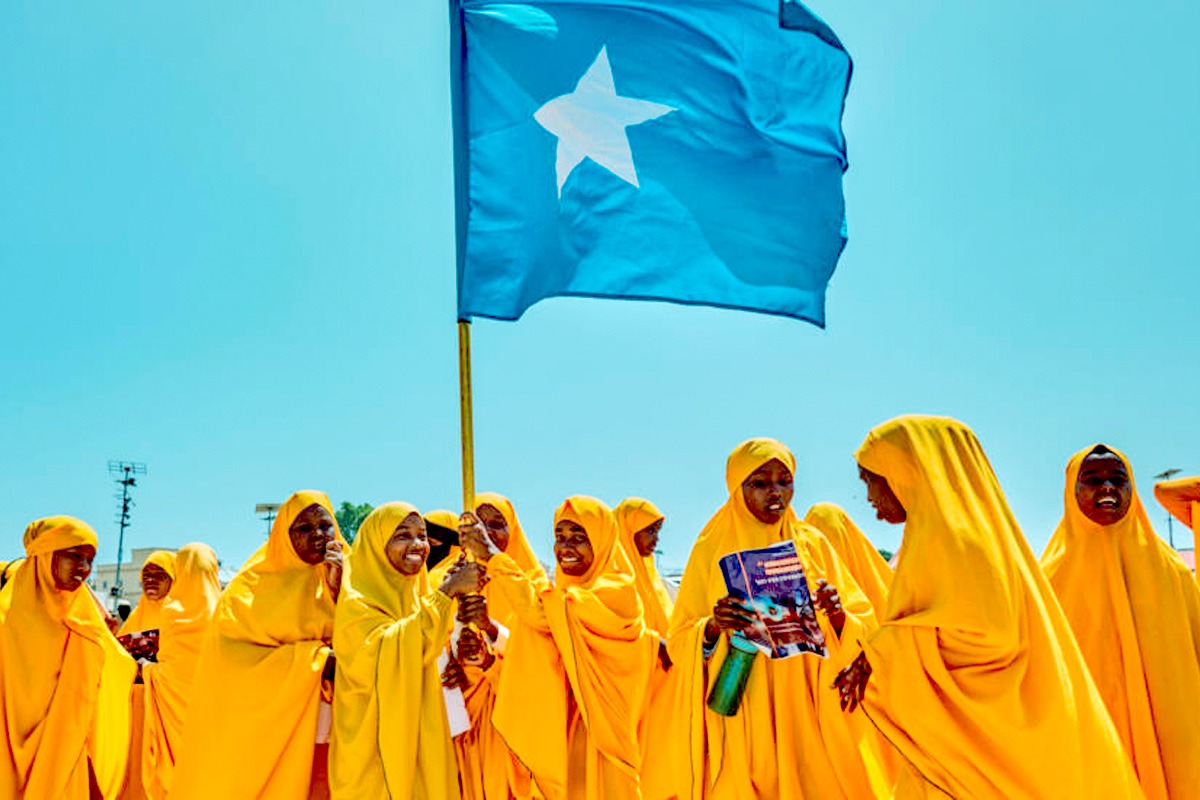NEW DELHI: Amid the global gaze fixated on conflicts like the war in Gaza, a brewing storm in the Horn of Africa demands a closer look. Recent developments have heightened tensions in this region known for its political instability, specifically stemming from Somalia’s abrupt cancellation of a pact with Ethiopia, on January 6, signed just five days prior. The crux of this dispute revolves around a controversial agreement between Ethiopia and Somaliland, Somalia’s breakaway territory.
The deal, signed to grant Ethiopia access to the Somaliland port in the Gulf of Aden, aims to establish a marine force base fostering political, economic, and security ties between the two nations. Somaliland, having declared independence in 1991, holds a strategic position along the Red Sea, an area of immense geopolitical importance not only for African and Arab Gulf states but also for global powers like the US, China, and Russia.
While Ethiopia sees the agreement as crucial for securing access to the Red Sea, neighbouring countries, including Egypt and Eritrea, express apprehensions about potential naval access, echoing historical disputes that have lingered since Eritrea’s secession in 1993. This dispute raises the spectre of further tensions involving not just Ethiopia and Somaliland but also Egypt and Sudan, particularly regarding the Grand Ethiopian Renaissance Dam on the Blue Nile.
Also Read: World leaders brace for potential Trump resurgence
The international community’s seemingly lacklustre attention to the Horn of Africa amplifies concerns among Africans that the port agreement may exacerbate conflicts in a region already marred by volatility.
Ethiopia, boasting a population of nearly 120 million, stands as the largest landlocked country globally and is often considered an African giant after Nigeria. In contrast, Somaliland, smaller both in population and size, lacks international recognition from entities like the UN and the African Union, impeding its economic and political progress. Despite this, Somaliland has made strides in democracy, with various international entities having a presence in its capital, Hargeisa.
Beyond the geopolitical manoeuvring, the quest for access to the Red Sea is deeply rooted in existential concerns for Ethiopia. Addis Ababa has pledged to recognise Somaliland as an independent state, a move met with resistance by many Somalis who still view Somaliland as part of their territory. As the African Union plans to withdraw its peacekeeping force from Somalia by the end of 2024, concerns grow over potential increased attacks by groups like al-Shabaab, further complicating an already delicate situation.
The port agreement, seen by some as an Ethiopian strategy to divert global attention from internal conflicts and economic challenges following the 2020-2022 Tigray War, lays bare the intricate web of interests and political realities in the Horn of Africa. Years of colonial dominance followed by subsequent authoritarian governance have planted profound divisions, conflicts, and disputes over territories.
Also Read: Dangers of downplaying Houthi menace in Red Sea
The rupture in Ethiopian-Somali ties carries far-reaching consequences for the region and the Red Sea countries. Ongoing military actions against Houthi militants in Yemen add another layer of complexity, potentially threatening shipping operations through the Bab al-Mandeb Strait, a vital passage connecting the Red Sea and the Arabian Sea.
For a long time, Gulf nations, particularly Saudi Arabia and the UAE, have regarded the Horn of Africa as a strategic borderline. Speculation persists that the UAE, with increasing economic clout in the region, played a role in brokering the port agreement. The fear extends to the Suez Canal, a critical maritime artery connecting the Mediterranean Sea to the Indian Ocean.
Political and economic grievances in the Horn of Africa are substantial, requiring international intervention. The potential outbreak of war between Ethiopia and Somalia could unleash catastrophic consequences not just for the region but for the entire continent. It becomes imperative for the UN and the African Union to actively engage, advocating for calm and playing a pivotal role in resolving this escalating dispute.
In a region where historical grievances intersect with contemporary geopolitical ambitions, diplomatic finesse, and global cooperation are more crucial than ever. The Horn of Africa teeters on the edge, and the international community must act decisively to prevent the descent into chaos.

